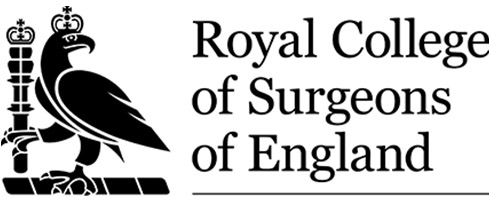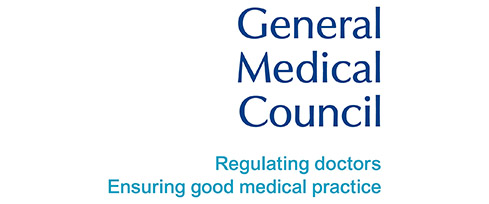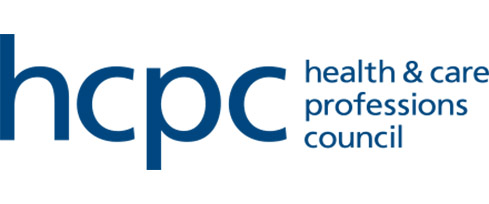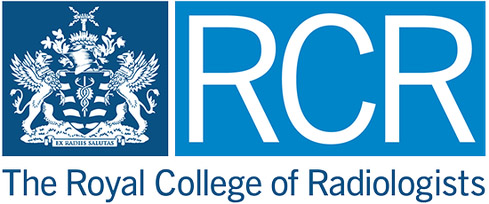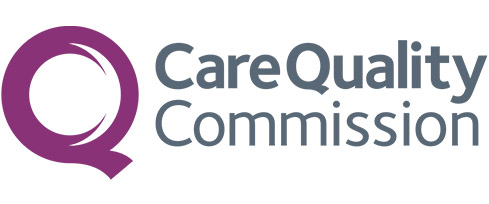Good hydration and nutrition are essential for overall health and well-being.
We are composed of approximately 60% water and every cell, tissue, and organ relies on it. From regulating body temperature to aiding digestion and nutrient absorption, water plays a vital role in keeping us healthy and well.
Dehydration can lead to health issues, including fatigue, headaches, poor concentration, and even more severe complications if left untreated. In the UK, where weather patterns can vary greatly, it’s easy to underestimate the importance of staying adequately hydrated, even during cooler months.
To ensure you stay hydrated:
1. Drink plenty of water throughout the day, aiming for at least around 2 litres for most adults although be mindful of fluids in food and other drinks (excluding alcohol), assuming 20% comes from food.
2. Be mindful of signs of dehydration, such as dark urine, thirst, dry mouth, and fatigue, and increase fluid intake accordingly.
3. Incorporate hydrating foods into your diet, such as fruits and vegetables with high water content, like cucumbers, watermelon, and oranges.
It is well recognised that nutrition is the cornerstone of good health as re derive essential nutrients our bodies need to function correctly and thrive. A balanced diet rich in vitamins, minerals, protein, healthy fats, and carbohydrates is key to supporting our immune system, maintaining a healthy weight, and reducing the risk of chronic diseases. We need to be mindful of choices when it comes to nutrition. Aim to fill your plate with whole, nutrient-dense foods, such as:
• Lean proteins like chicken, fish, tofu, and legumes
• Colourful fruits and vegetables packed with vitamins, minerals, and antioxidants.
• Whole grains like brown rice, quinoa, and oats
• Healthy fats from sources like avocados, nuts, seeds, and olive oil
Be wary of excessive sugar, salt, and saturated fats, which can contribute to various health problems, including obesity, heart disease, and diabetes.

Practical Tips for Healthy Eating:
1. Plan your meals ahead of time to ensure they are balanced and nutritious.
2. Cook at home as much as possible, using fresh ingredients and limiting processed foods.
3. Practice portion control to avoid overeating and maintain a healthy weight.
4. Listen to your body’s hunger and fullness cues, eating mindfully and without distractions.
In summary by staying hydrated and nourishing your body with wholesome foods, you can enhance your overall well-being and reduce the risk of numerous health problems. Remember, small changes can lead to significant improvements in your health over time. Here’s to a healthier, happier you!






